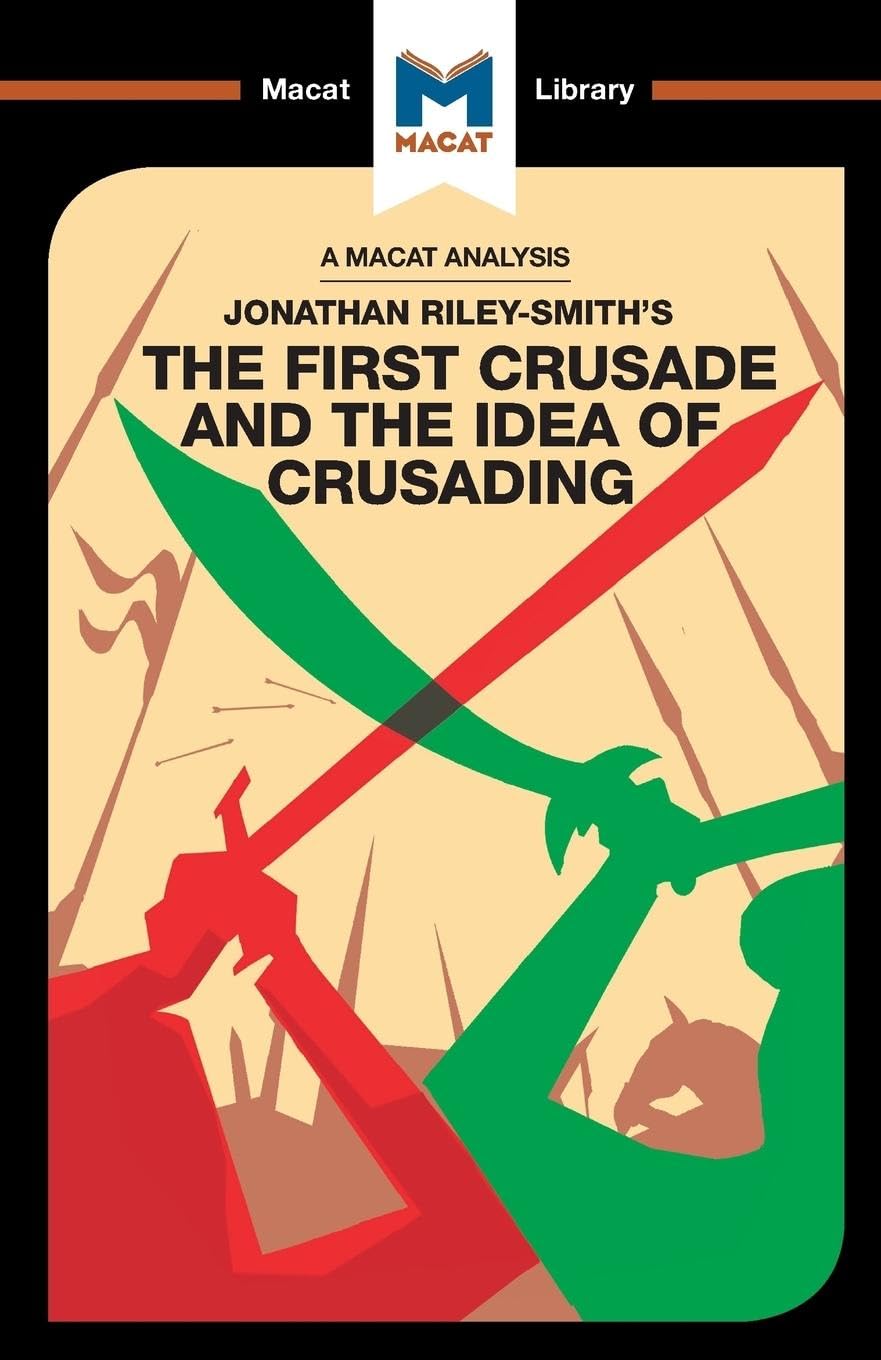AN ANALYSIS OF JONATHAN RILEY-SMIT'S: THE FIRST CRUSADE AND THE IDEA OF CRUSADING
AN ANALYSIS OF JONATHAN RILEY-SMIT'S: THE FIRST CRUSADE AND THE IDEA OF CRUSADING
Couldn't load pickup availability
Perhaps no work of history written in the 20th century has done more to undermine an existing consensus and cause its readers to re-evaluate their own preconceptions than has Jonathan Riley-Smith's revisionist account of the motives of the first crusaders.
Riley-Smith's thesis – based on extensive original research and firmly rooted in his refusal to uncritically accept the evidence or reasoning of earlier historians – is that the majority of the men who travelled to the east on crusade in the years 1098-1100 were primarily motivated by faith. This finding, which ran directly counter to at least four centuries of consensus that other motives, not least greed for land, were more important, has helped to stimulate exciting reappraisals of the whole crusading movement.
Share

